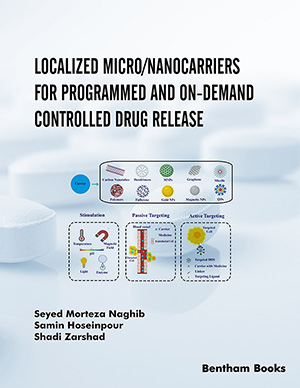
Abstract
Background: The superiority of dabigatran has been well proven in the standard dosing regimen in prevention of stroke and systemic embolism in patients with non-valvular atrial fibrillation (NVAF) and extended venous thromboembolism (VTE) treatment. Dabigatran, an anticoagulant with a good safety profile, reduces intracranial bleeding in patients with atrial fibrillation and decreases major and clinically relevant non-major bleeding in acute VTE treatment. However, several important clinical issues are not fully covered by currently available directions with regard to dabigatran administration. The prominent one is reflected in the fact that dynamic impairment in renal function due to dehydratation may lead to haemorragic complications on the one hand, while on the other hand glomerular hyperfiltration may be a possible cause of dabigatran subdosing, hence reducing the drug’s efficacy. Furthermore, limitations of the Cockcroft-Gault formula, considered a standard equation for assessing the renal function, may imply that other calculations are likely to obtain more accurate estimates of the kidney function in specific patient populations.
Method and Conclusions: Although not routinely recommended, a possibility of monitoring dabigatran in special clinical settings adds to optimization of its dosage regimens, timely perioperative care and administration of urgently demanded thrombolytic therapy, therefore significantly improving this drug’s safety profile. Despite the fact that dabigatran has fewer reported interactions with drugs, food constituents, and dietary supplements, certain interactions still remain, requiring considerable caution, notably in elderly, high bleeding risk patients, patients with decreased renal function and those on complex drug regimens. Additionally, upon approval of idarucizumab, an antidote to dabigatran solution, hitherto being a major safety concern, has been finally reached, which plays a vital role in life-threatening bleeding and emergency interventions and surgery.Keywords: Dabigatran, pharmacokinetics, pharmacodynamics, dose optimization, interactions, metabolism, comorbidities.
 186
186 12
12 1
1



















